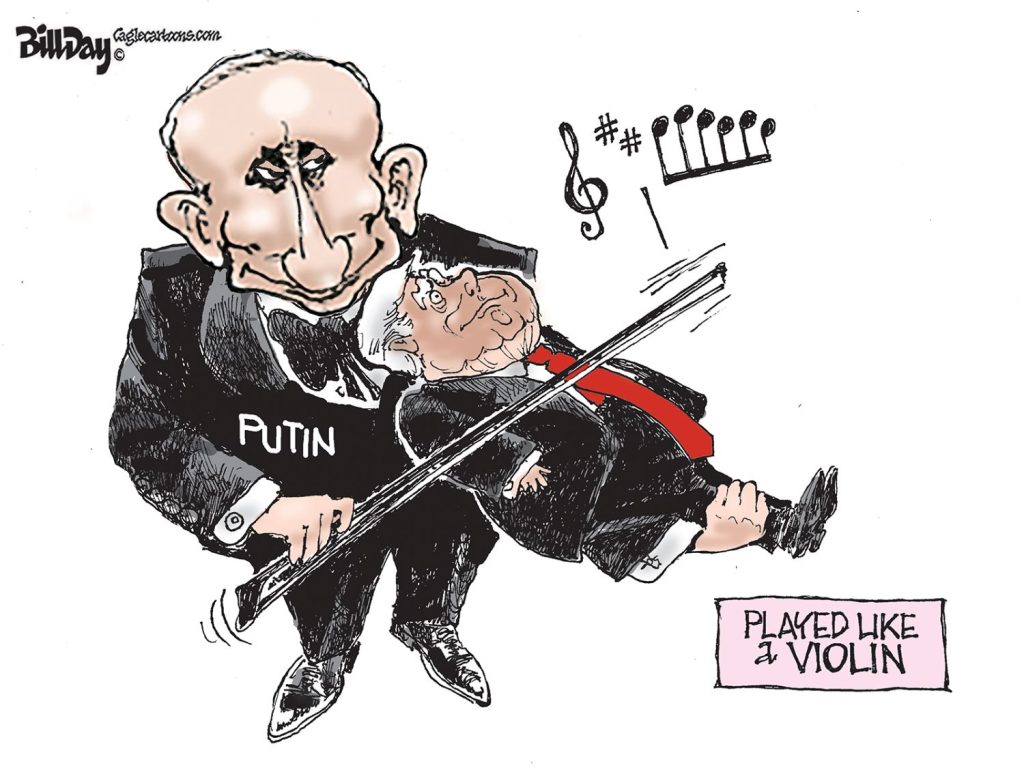Three recent reports we’ve been reading are about social promotion of students, Metropolitan Planning Organizations (MPO’s) and airports, all subjects that should be of interest to Memphis.
In a study about social promotion of students in New York City, “Ending Social Promotion Without Leaving Children Behind,” the well-respected think tank, RAND Corporation, said that social promotion “remains a controversial and hotly debated policy (that)…has come under increasing attack and criticism.”
That certainly was the case here when Memphis City Schools Superintendent Kriner Cash proposed similar promotions out of concern that the stigmatizing that comes from grade failure outweighs every student showing mastery of that grade’s subjects. The policy is under study these days after an outcry that such a change was tantamount to throwing in the towel at city schools.
We were willing to give it a try, since there’s little evidence that current failure policies are doing much to change the trajectory of the most seriously at-risk students. Then again, maybe we were simply influenced by the lessons of our lives from a simpler time.
No Harm, No Foul
Back when some of us here were in school, no one talked about social promotion, but there were students who moved up a grade each year with every one else. There was also the unwritten, but oft-applied policy, that no one would be held back a grade more than one time in the 12 grades then offered.
But back to the RAND report, it calls for identifying struggling students early and providing interventions to turn their academic performance around. That early intervention was a centerpiece of the plan for Memphis City Schools, but some school board members felt it was too undefined to embark on a new promotion policy.
The most seminal conclusion of the RAND study was that “retained students did not report negative socioemotional effects.” Surveys of these students in fact showed “greater sense of school connectedness than at-risk promoted students and not-at-risk students.” “The study found no negative effects of retention on students’ sense of belonging or confidence in mathematics and reading over time,” it said. In addition, principals and teachers In New York tend to be positive about performance-based promotions.
The think tank recommended stepped-up identification and intervention of students with problems, greater attendance at special Saturday sessions and summer school and collection of data and measurement of results of intervention strategies.
Better Planning
Meanwhile, the report by the U.S. Government Accountability Office (GAO) – with one of those bureaucratic titles we love, “Metropolitan Planning Organizations: Options Exist to Enhance Transportation Planning Capacity and Federal Oversight” – suggested that MPO’s also needed more performance-based measurements.
Unfortunately, the report didn’t address the need to bring rationality to membership of MPO’s, and if you’ve read us much, you know this is a sore point here. Our MPO is one of the most unrepresentative in the country. It’s controlled by suburban interests and in a region that is majority African-American, black members are few and far between.
That said, some of the GAO’s recommendations were nonetheless important as Congress considers legislation concerning the role of MPO’s. And they seem in line with the ambitions of Memphis Mayor A C Wharton “to move (MPO) from acting as a planning organization to become a more visionary agency acting on the shared values of the community and what we want Memphis to be and asking the tough questions about sprawl.”
As Mayor Wharton – chairman of the MPO – has said, the MPO approach is too often to find out that the federal government will pay for two bridges, four roads and three interchanges, so the organization approves two bridges, four roads and three interchanges. Instead, he wants MPO to consider transportation as more than additional lanes of asphalt, to mitigate the negative impact of I-269 and to think about place-making rather than project-building.
Better Results
To all of that, we can only say amen, and toss in one more: that MPO would require MATA to develop a plan that will create a 21st century public transit system.
The GAO said that 85% of MPO’s want more funding for transportation planning and about 50% say the lack of flexibility for federal funds is an obstacle to more effective planning.
GAO recommends that Congress should make MPO transportation planning more performance-based by (for example) identifying specific transportation planning and charging U.S. Department of Transportation with assessing MPOs’ progress in achieving these outcomes. It sounds simple, but it would produce a revolution in the work of MPO’s.
“Currently, there are no requirements (for MPO’s) to attain explicit performance thresholds, such as reducing congestion or improving highway safety, built into the federal planning requirements for the MPO’s.”
Up In The Air
Many MPO’s – and possibly ours with its Imagine 2035 plan – have taken on duties that aren’t required by the federal government such as some land use planning. And some MPO’s have led public processes to develop integrated land use and transportation scenarios. Finally, 16% of MPO’s have responsibility for operating all or part of their regional transit system.
Regarding another mode of transportation, air travel, Brookings Institution’s report, “Expect Delays: An Analysis of Air Travel Trends in the United States,” sounded a warning for major metro air traffic centers. “Increasing stress on our air travel system will accompany the return of economy growth, requiring future infrastructure investments to target both the large volume of environmentally and spatially inefficient short haul flights and the country’s critical 26 metropolitan centers of air traffic.”
While Memphis International Airport is not one of the largest 26 airports, the conclusions of the report bear close attention. “All is not well in the sector,” Brookings wrote. “The same surging oil prices taxing commuters and truckers are also wreaking havoc on the airline industry as real jet fuel prices increased over 55% in three decades. The growing air travel industry also led to increased emissions, leaving more pollutants in flight paths and the areas surrounding airports. Equally troubling, all those passenger increases intensified congestion and air space pressure, depressing national on-time arrival performance to near-record lows.”
After reviewing 19 years of air travel patterns, Brookings Institution found that air passenger travel recorded its first annualized since 9/11 and the decline continued through March, 2009. In Memphis, over a year, the number of passengers dropped 6.2%.
Delays in metro centers of air travel will continue and intensify as the economy improves. “The return of economic growth will increase travelers, reduce on-time performance and continue the hyper-concentration of U.S. air travel within major metropolitan areas and on short-haul flights,” the report said, adding that half of the country’s flights are for less than 500 miles.




It would be nice if Amtrak were to decide it wanted to be a passenger railroad instead of an overgrown, gov't dependent, transit system so that it could capture a significant portion of that under-500 mile business even without high speed rail (HSR).
Then too, it might require intermodal coordination among planes, trains, and buses. In Frankfurt, Germany one can deplane at the airport and board a train there as well. In Sydney, Australia, the bus and train stations are co-located with regular bus runs to the airport.
As long as we're moving the Greyhound bus station, wouldn't it make more sense to co-locate it with Central Station with regular MATA runs to the airport? Or Greyhound could make the airport a stop on the way in or out of Memphis.
I've ridden Amtrak and have found it to be, overall, a pleasant experience and a good way to travel.
As for the MPO … the feds just need to get out of funding local planning and local transit. When the money has to come from local sources, then maybe, just maybe, the local sources will pay more attention.
It would be nice if the federal Government knew where it was going as far as transportation and education with an overarching national plan for both. If we knew what that was, we'd know what context to build into.
Our country no longer has a paradigm in which it operates, nothing bigger than itself, no overarching goal other than gather and protect resources, nothing but survivalist policy making now, health care issues just before we kill ourselves, energy just before we run out. What about a PLAN?
CHINA has a PLAN, we're on avoidance maneuvers!
We're in emergency patch job mode.
Dang we suck.
Schoolboard's head is firmly implanted and impacted in it's rear-end. If someone comes up to me with an idea, I don't go building a case about how right I am, as if me being right and shutting them down is worth more than a good outcome.
I ask HOW CAN I HELP WITH WHAT I HAVE AND WHERE I AM. Help define what you want so you can be the first to have a plan.
Unfortunately, most people who ask for help don't take into consideration where the people they are asking are in life and that is embarrassing for all.
China has 7000 miles of high speed maglev in shanghai, what do we have, a trolley, speaks for itself, we are married to the past!